Weighing Precipitation Gauge
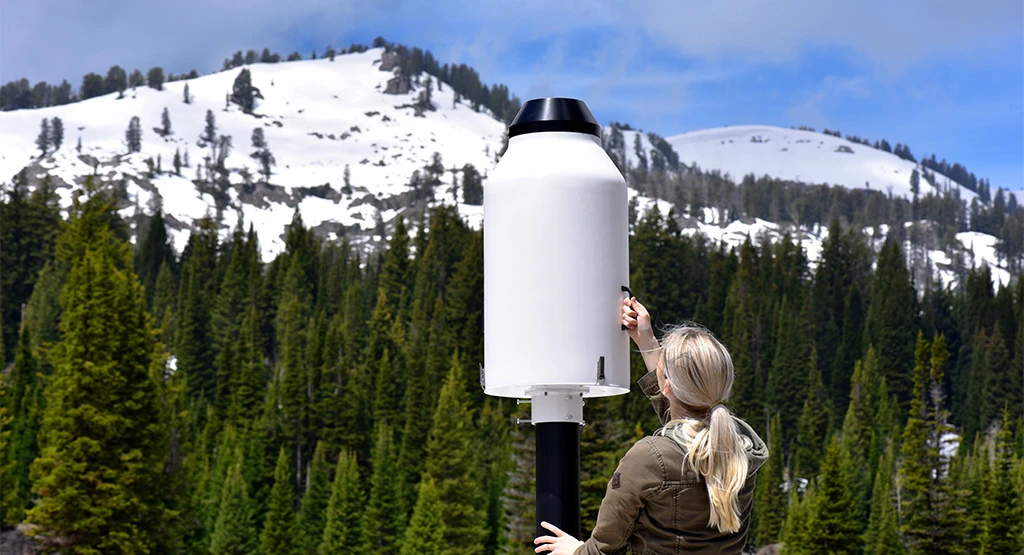
A weighing precipitation gauge is a specialized instrument used to measure rainfall or liquid precipitation over a specific period. Similar to other rain gauges, its primary purpose is to track precipitation levels. Usually, this device consists of a substantial storage container.
15+ Tools and Innovations in Weather Prediction
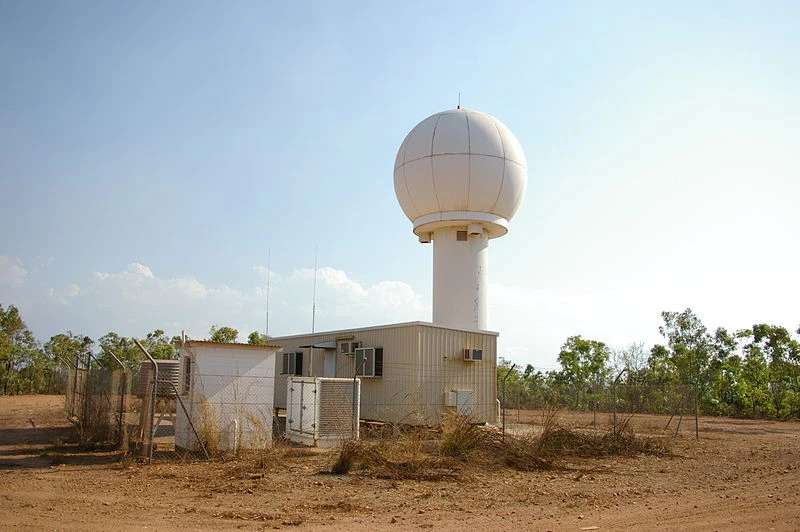
Weather has always played a vital role in shaping human activities, from agriculture to navigation and travel. Over the centuries, methods of predicting weather have evolved from simple observations to sophisticated scientific models.
Top-Rated Home Weather Stations for Your Needs
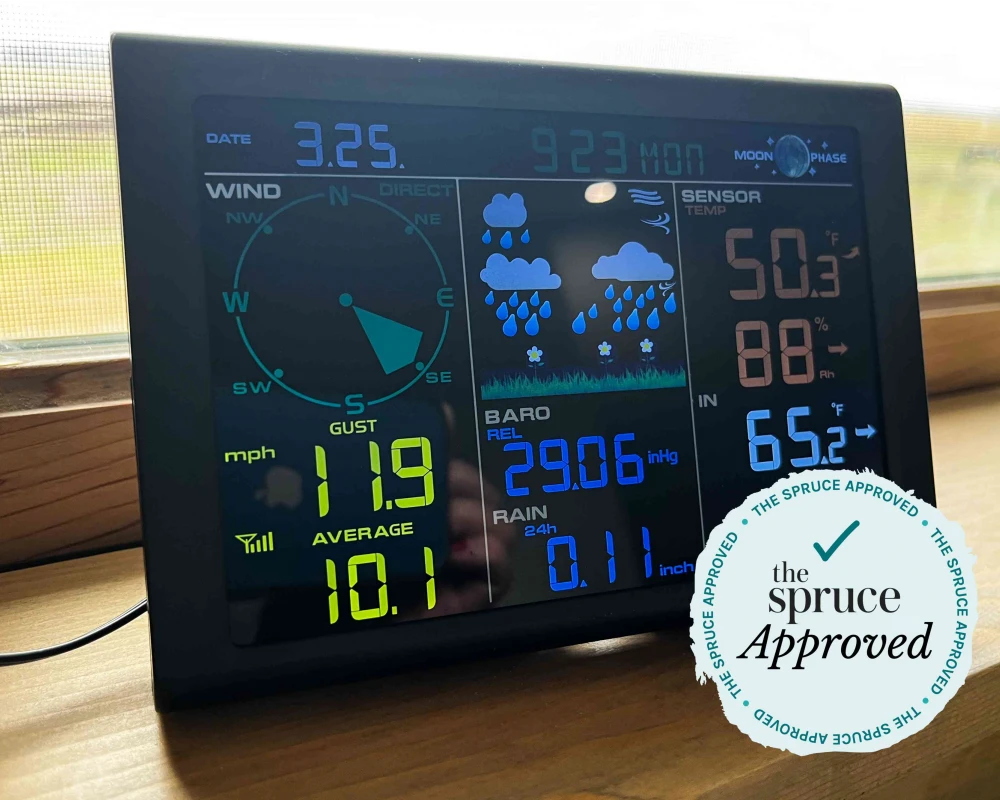
The growing accessibility of advanced technology has made home weather stations a favorite among homeowners and weather buffs. These devices deliver real-time weather updates, making it convenient to track conditions around your home effortlessly.
The Evolution and History of the Rain Gauge
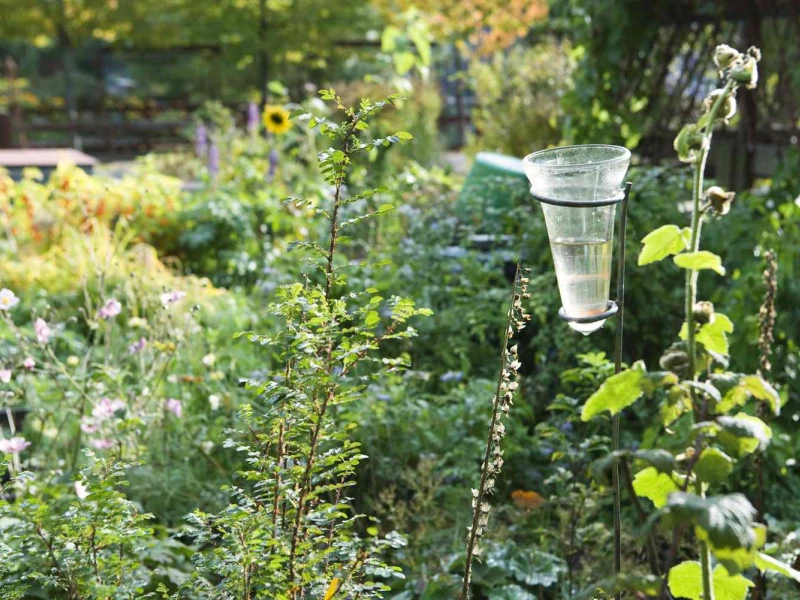
Understanding rainfall is crucial because both excessive and insufficient precipitation significantly affect agriculture, livelihoods, and, at times, may even lead to natural disasters. Monitoring rainfall becomes imperative in such scenarios.
What disadvantages does an automatic weather station have?
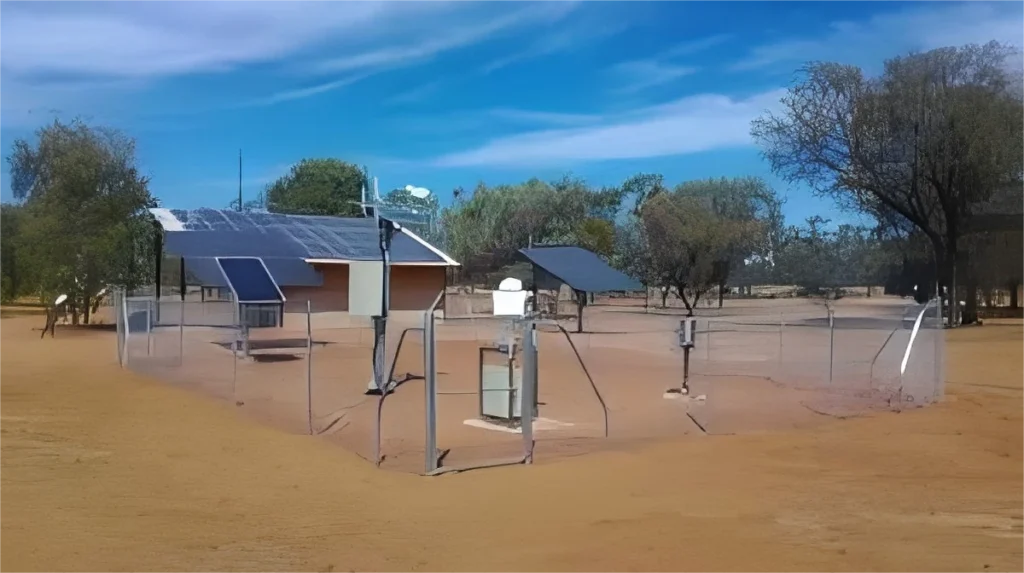
An automatic weather station is a type of observational equipment designed to autonomously gather and relay meteorological data. It consists of meteorological sensors, a data – collecting microcomputer, a power supply, a radiation – shielded vent cover, an all – weather enclosure, an observation stand, a communication module, and other parts.
What is the definition of an anemometer?
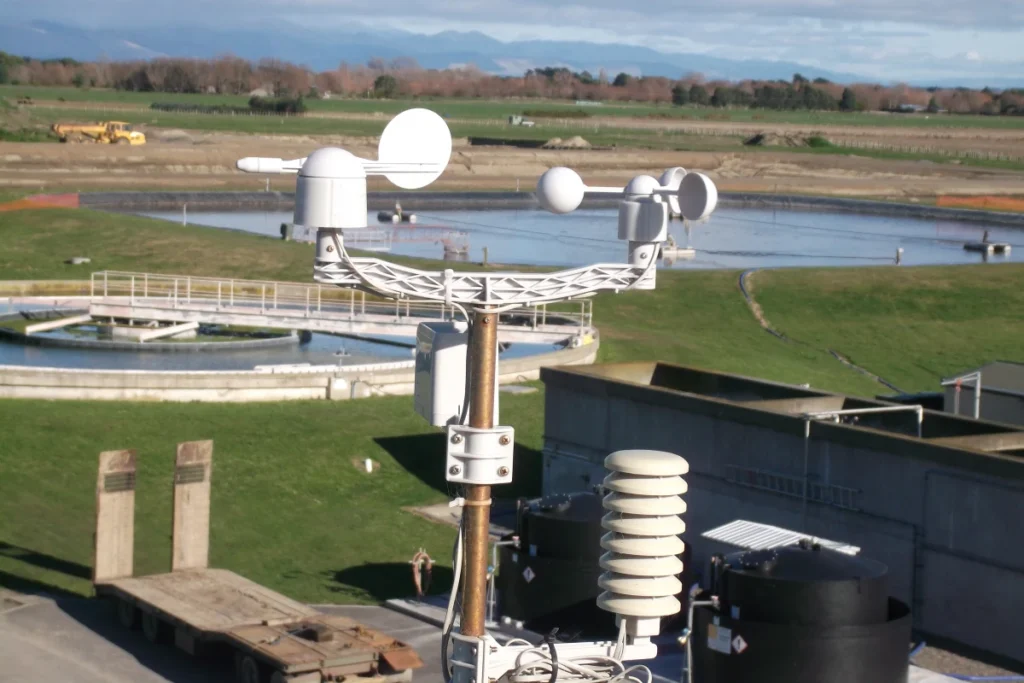
Many people wonder what an anemometer is and its purpose. This article aims to clarify the concept, types, and uses of an anemometer.
Maintenance and Troubleshooting of Tipping Bucket Rain Gauge
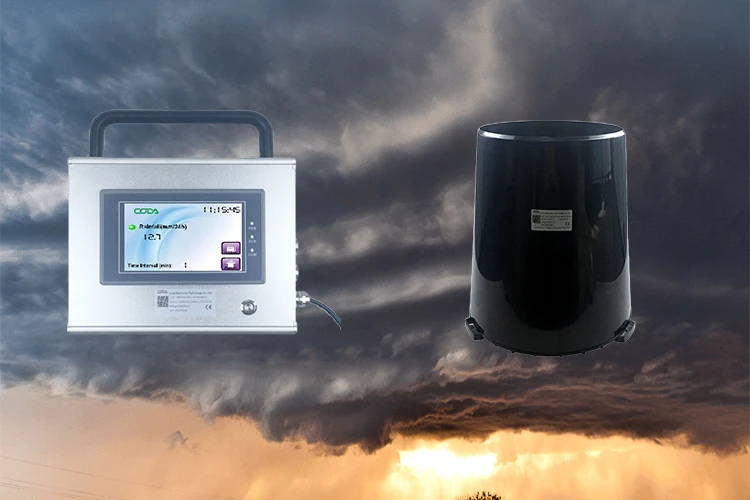
A tipping bucket rain gauge enables automatic monitoring of liquid and solid precipitation over a specific timeframe, significantly alleviating the workload of observers.
A Comprehensive Guide to Resetting Your accurate Weather Station
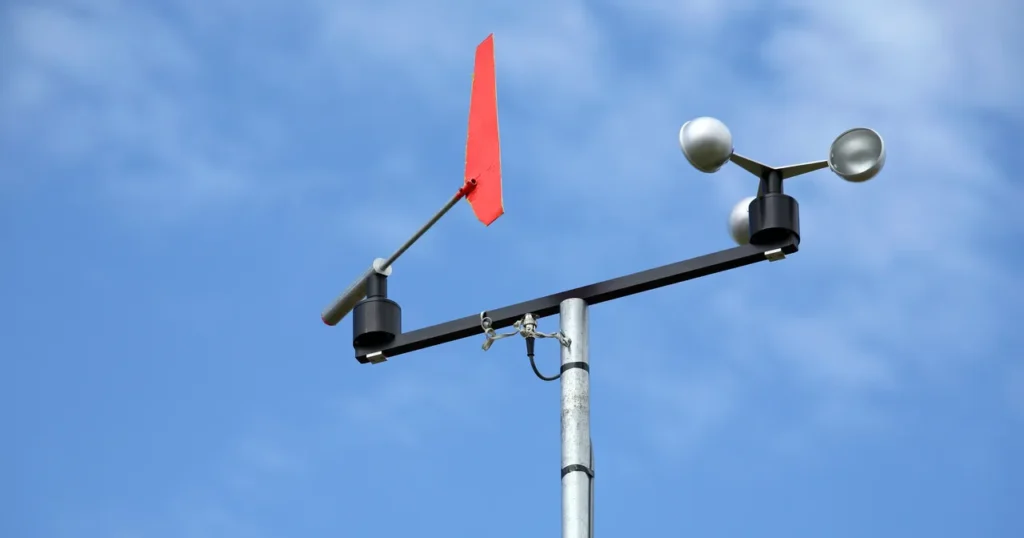
Accurate weather stations are popular devices that provide valuable real – time weather data for both home and professional use. However, like any electronic device, users may face problems now and then.
How to Select the Optimal Soil pH Meter?
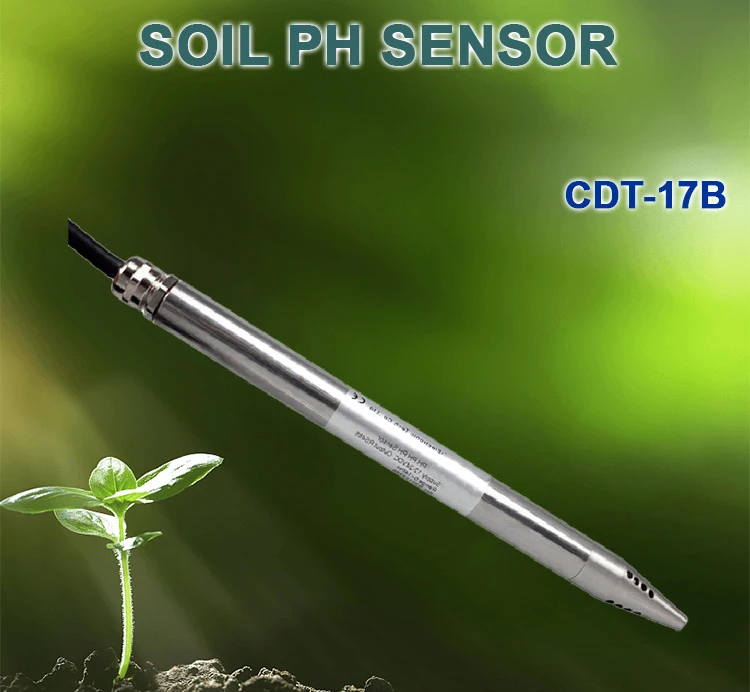
When the soil pH level is about 6.5, plants can absorb and use nutrients better. This helps them grow and develop. Thus, one cannot overstate the importance of a soil pH sensor. But how do we go about selecting this type of device?
How do wind sensors operate?
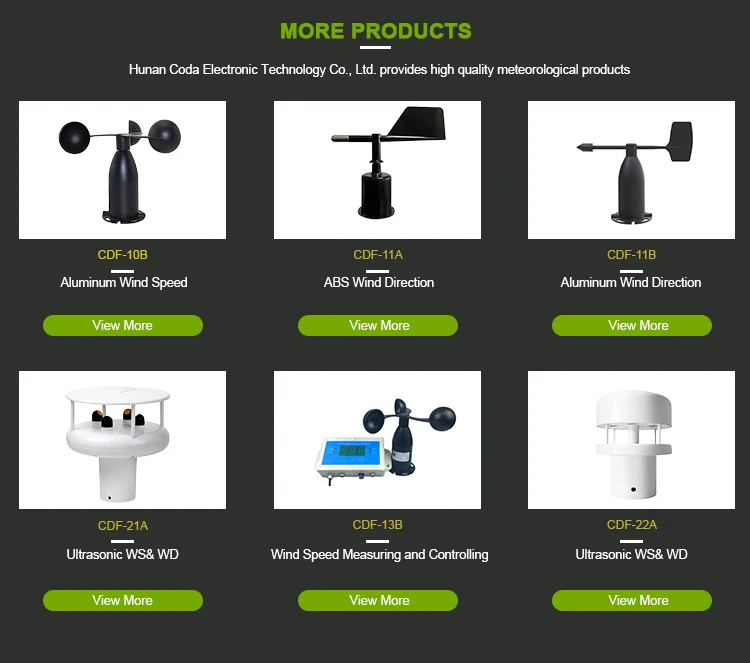
A wind speed sensor is a tangible instrument designed to gauge the velocity of the wind. The airflow-induced wind causes the three cups at the top to spin, which in turn rotates the central shaft. This movement turns on the internal sensing part. It creates a signal that helps you find the wind speed.
